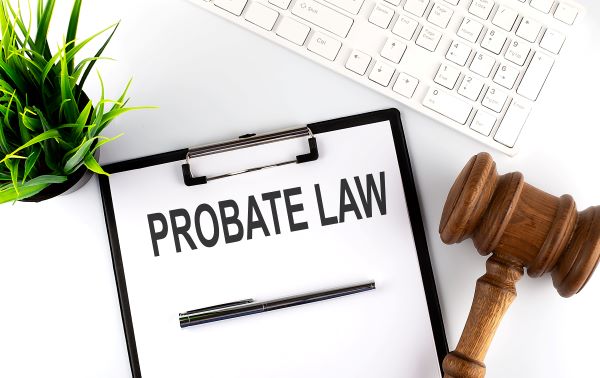
The Medicaid Program: Looking Back Without Penalties
Long-term care is something most of us will have to consider at some point in our lives, so planning is essential. While we cannot predict the timing or level of care, we can take steps to prepare for an unexpected medical and financial crisis to help reduce the stress on







